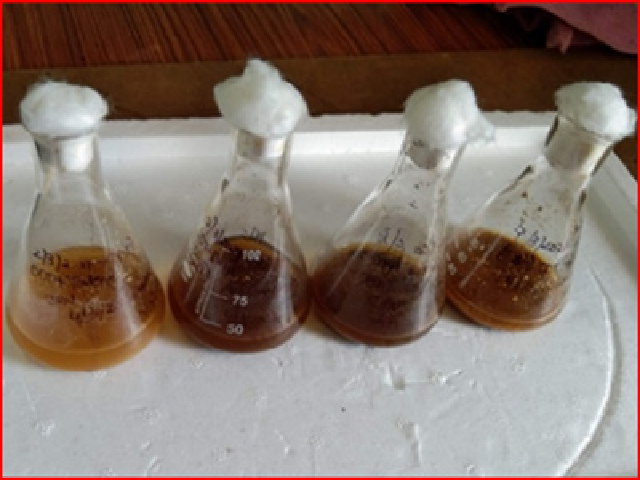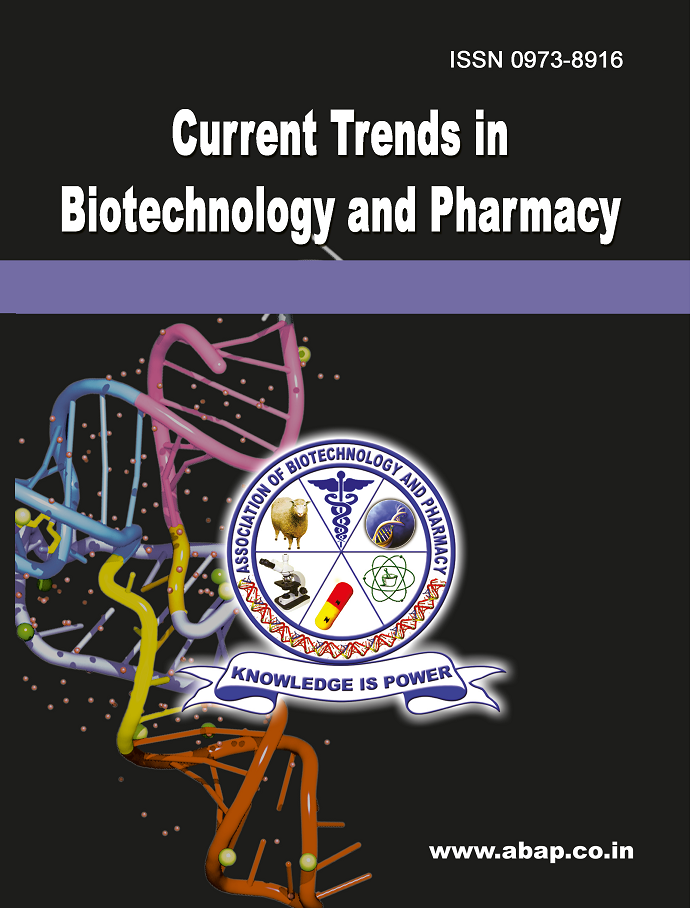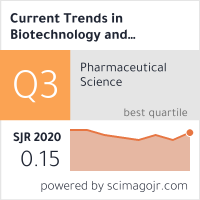Environmental Bioremediation of DDT-Contaminated Soil by Using the Mushroom Extract of L. edodes
DOI:
https://doi.org/10.5530/ctbp.2023.1.1Keywords:
Biodegradation, Mineralization, DDT, Lentinus edodes, Contaminated soil.SAbstract
Fungal extract of L. edodes was eval-uated to degrade DDT (dichlorodiphenyltrichlo-roethane). Two grams of the dry weight of soil was artificially contaminated with 50 μL of 5 mM DDT in Dimethyl formamide (final amount: 0.25 μmol). The DMF evaporate was allowed to room temperature for 3 days and then mixed two grams of dry-weight fungal extract of L. edodes was added to the contaminated soil. The sam-ples were tested and analyzed by gas chroma-tography. Manganese peroxidase activity, lignin peroxidase activity, and laccase activity of fun-gal extracts were analyzed. The fungal extract significantly degraded DDT in the mixture. It was also observed that the extract has higher ligninolytic enzyme activity which has played a role in DDT degradation. Read more...



